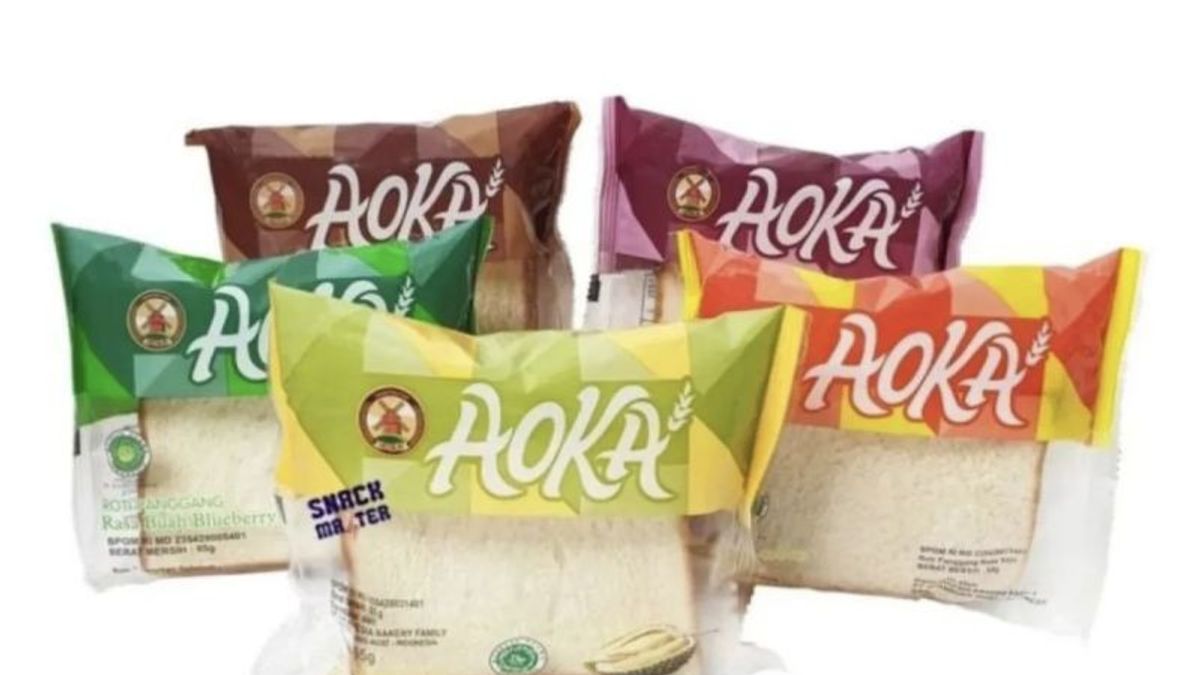JAKARTA - The Food and Drug Supervisory Agency (BPOM) stated that the Aoka brand bread produced by PT Indonesia Bakery Family, Bandung, West Java, does not contain sodium dehydroacetat elements that are harmful to consumer health. BPOM through an official statement confirmed to the Acting Head of BPOM, Rizka Andalusia said the use of sodium dehydroacetate food supplements on Aoka bread was not proven through the laboratory testing process. "The test results show products do not contain sodium dehydroacetate," said the BPOM statement quoted Wednesday, July 24. In this statement explained the process of laboratory testing of the Aoka bread taken by BPOM following the alleged use of food additional ingredients (BTP) in the form of sodium dehydroacetatetate. BPOM through the Regulation of the Drug and Food Supervisory Agency Number 17 of 2022, saying that sodium dehydroacetat is a chemical element commonly added in cosmetic products, with a limitation of a maximum dose of 0.6 percent as acid. "On June 28, 2024, BPOM took samples Aoka bread products from circulation and conducted testing and on July 1, 2024 showed no sodium dehydroacetatet in production facilities," he said. Separately, University Gadjah Mada (UGM) Pharmaceutical Expert, Prof Zullies Ikawati said sodium dehydroacetat is sodium salt from dehydroacetat acid, in the form of organic compounds used as a preserative in the food and cosmetics industry to prevent the growth of bacteria, functals, and yeast, thereby extending the life of products. Such an unsur, kara Zullies, is generally considered safe to consume, but in other chemical ingredients, excessive consumption can cause health problems. At high doses, sodium dehydroacetatates can lead to irritation of gastrointestinal and toxic effects on the liver and kidney," he said. Based on the results of studies on animals, Zullies said, suggesting that very high doses could potentially cause poisoning.
SEE ALSO:
The safe limits on human consumption of sodium dehydroacetat have been set by several health regulatory agencies. According to the Joint FAO/WHO Expert Committee on Food Additives (JECFA), the daily acceptable intake limit is 0-0.6 mg per kg of body weight per day. Food use in the food industry, says Zullies, can be used in a very small amount and in accordance with strict regulations to ensure safety.
The English, Chinese, Japanese, Arabic, and French versions are automatically generated by the AI. So there may still be inaccuracies in translating, please always see Indonesian as our main language. (system supported by DigitalSiber.id)















